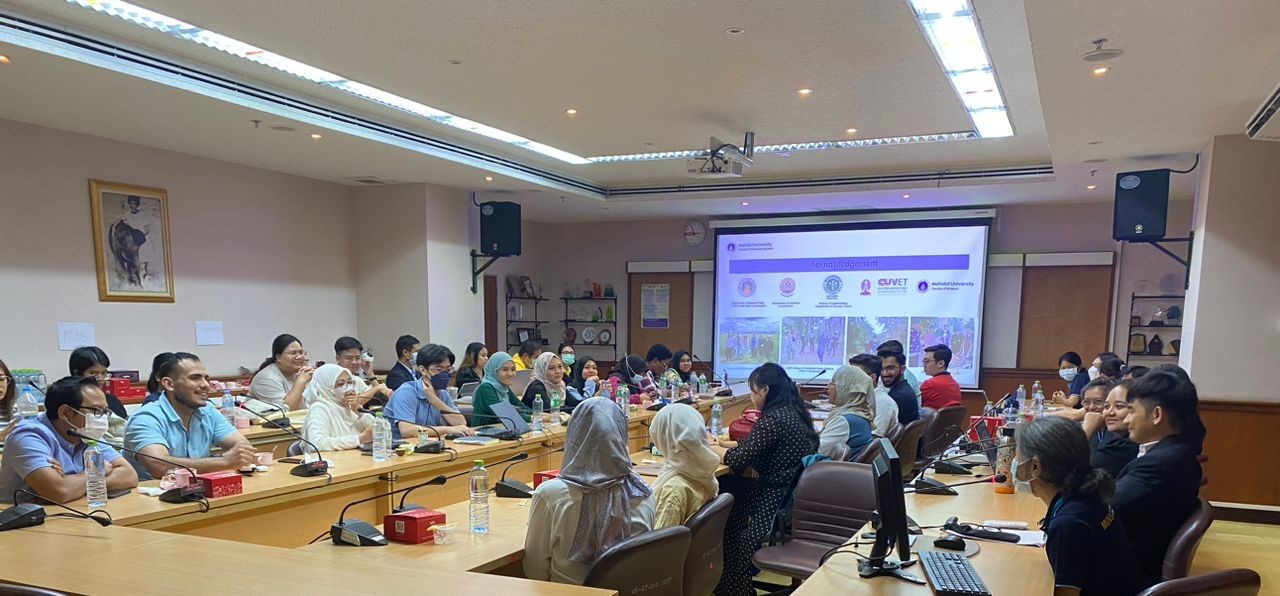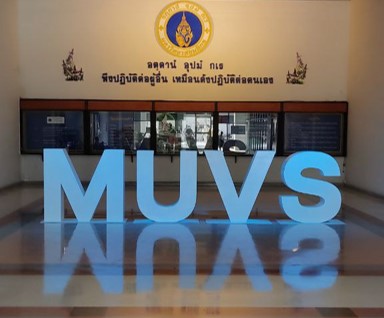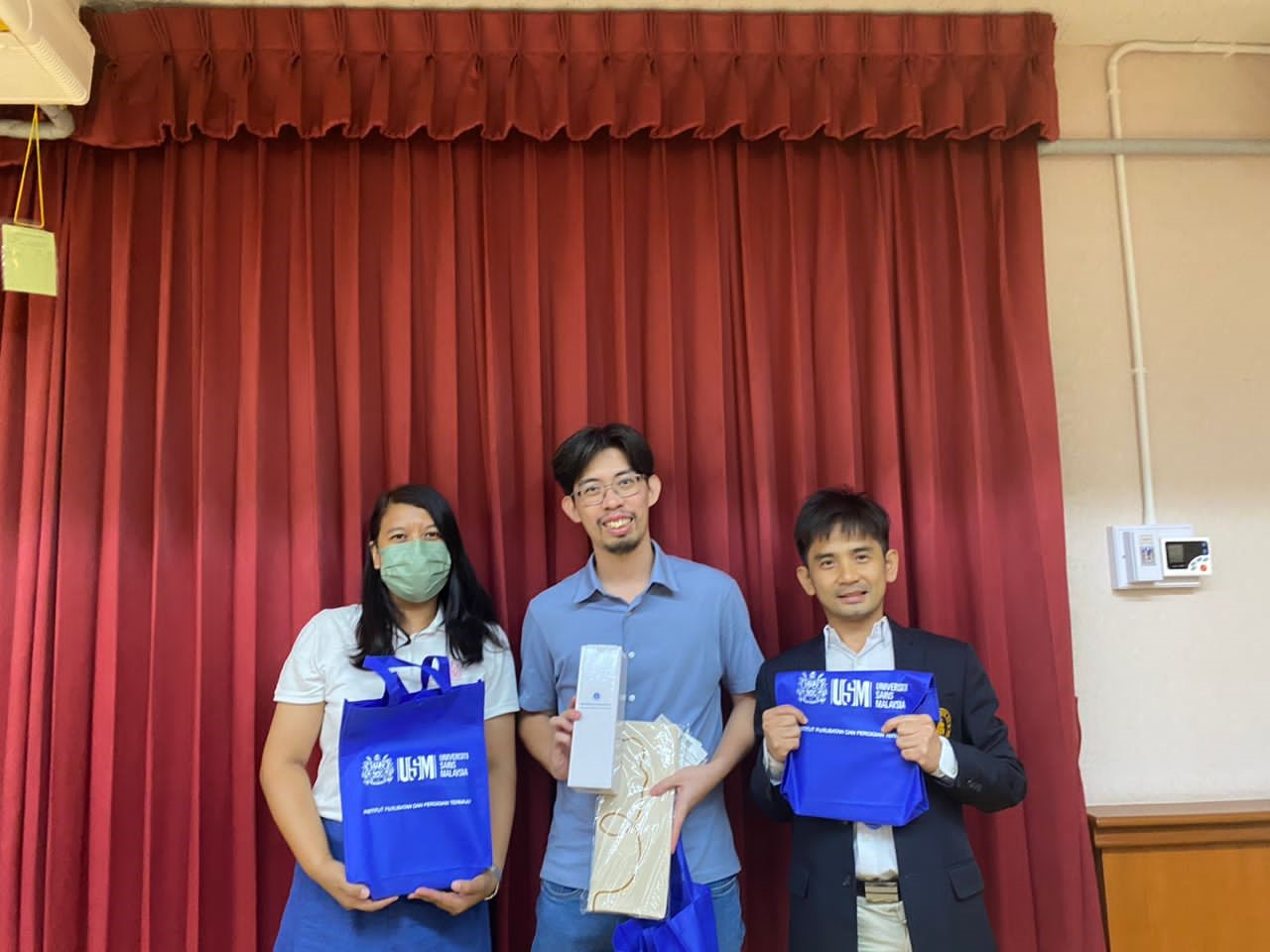MAHIDOL UNIVERSITY, SALAYA, THAILAND, November 13 2023 -
Exchange studies and information session
An EID group from AMDI, USM, has arranged a visit to one of the most famous universities in Thailand, Mahidol University last month.
Mahidol University is a public research university located in Bangkok, Thailand. It is one of the oldest and most prestigious universities in the country. The university was established in 1888 as a medical school and has since grown into a comprehensive university offering a wide range of undergraduate and graduate programs in various fields.
It was named after Prince Mahidol Adulyadej of Songkla, the "Father of Modern Medicine and Public Health in Thailand." The university strongly emphasizes health sciences, and its faculties include Medicine, Dentistry, Nursing, Pharmacy, Public Health, and Veterinary Science. In addition to health-related disciplines, Mahidol University also offers programs in science, engineering, social sciences, humanities, and other fields.
The university is known for its commitment to research and innovation, and it plays a significant role in advancing knowledge and contributing to the development of Thailand and the global community. Mahidol University has multiple campuses; the Salaya campus is the main and largest one. Various types of organizations are created under Mahidol University. However, MoZWE is the one that caught our attention that led to this visit.
Front door of the Faculty of Veterinary Science
The Monitoring and Surveillance Centre for Zoonotic Diseases in Wildlife and Exotic Animals (MoZWE), which was approved by the Thai Cabinet, is an organization created by lecturers from the Faculty of Veterinary Science. MoZWE was first established to provide monitoring and warning of avian influenza outbreaks and other diseases of wildlife. As it is being managed by a government body Thailand Wildlife Health Cooperatives, it helps them to share and collect data needed from around the country.
MoZWE provided four different services. The services are activities on disease surveillance, disease investigation, wildlife conservation, and training and education. Mahidol University were equipped with a biosafety laboratory, which allowed them to successfully conduct an extensive study on viral organism. Some of the notable studies are Avian Influenza, Middle East Respiratory Syndrome (MERS), SARS-CoV-2 surveillance in exotic wild animals, African swine fever in wild boar, leptospirosis, elephant endotheliotropic herpesviruses (EEHV), Nipah, rabies, zika, malaria, monkeypox, Chlamydophila crocodile and Herpes virus in Siamese crocodiles and Canine distemper virus.
We were excited to collaborate with them on future projects and possibly our own research there. AMDI USM is looking forward to the possibility of collaborating with Mahidol University.
SDG 4 - Ensure inclusive and equitable quality education and promote lifelong learning opportunities for all
SDG 17 - Strengthen the means of implementation and revitalize the Global Partnership for Sustainable Development





